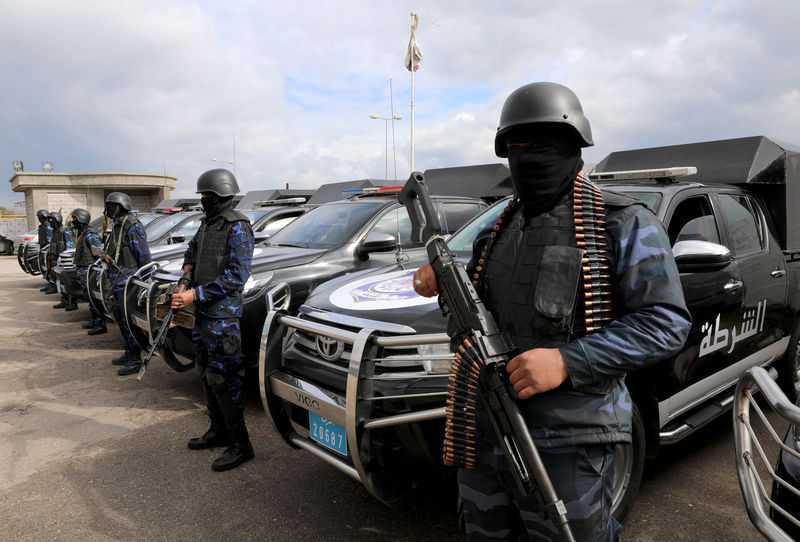Foreign powers, Libyan rivals to meet in Berlin
20 January, 2020

Libyan rival camps and their foreign backers will attend a summit in Berlin on Sunday to discuss ways to end a proxy war over the capital Tripoli and the oil producer, which has displaced 140,000 and now more than halved the country’s crude output.
Germany and the United Nations hope to persuade Russia, Turkey, the United Arab Emirates and Egypt to push their opposing camps to agree on a lasting truce in Tripoli, home to the internationally recognised government.
As with previous failed attempts, centre stage of the one-day meeting will be occupied by eastern commander Khalifa Haftar, who in April started a campaign to take Tripoli. Western powers hope this time to put pressure on him to continue a ceasefire that has largely held for one week.
Haftar on Jan. 13 walked out on a Russo-Turkish summit, in contrast with his rival Fayez al-Serraj, the internationally recognised prime minister, who signed a lasting truce proposal put forward to both leaders.
Haftar, a former general from the regime of Muammar Gaddafi toppled in 2011, appeared confident this week when German foreign minister Heiko Maas visited him at his base outside Benghazi to ask him to come to Berlin.
He leaned back in his chair while Maas was leaning towards him to make his peace pitch, a picture from the meeting showed.
Haftar escalated the conflict on Friday when allied tribesmen shut down eastern oil ports, cutting oil production by 800,000 barrels a day. That will hit hard Tripoli, which benefits most from oil revenues.
The one-day summit, which will also bring together U.S. Secretary of States Mike Pompeo and European and Arab leaders, will not attempt to broker a power-sharing agreement between Haftar and Serraj.
Instead the focus is on a lasting ceasefire to restart talks.
Haftar is backed by the United Arab Emirates (UAE), Egypt, Jordan, Sudanese and Chadian fighters, and most recently Russian mercenaries, which helped him gain a bit on the Tripoli front. France has also given some support.
That has prompted Turkey to rush to Serraj’s rescue by sending troops to Tripoli. Up to 2,000 fighters from Syria’s civil war have also joined the battle to defend the capital, a U.N. official said on Saturday.
“I mean this is a regionwide conflict broadening, and looking increasingly like Syria which is why the whole international community is getting together in Germany,” a senior U.S. state department official told reporters travelling with Pompeo.
Still, expectations were “moderate,” the official added.
Source: the-japan-news.com
